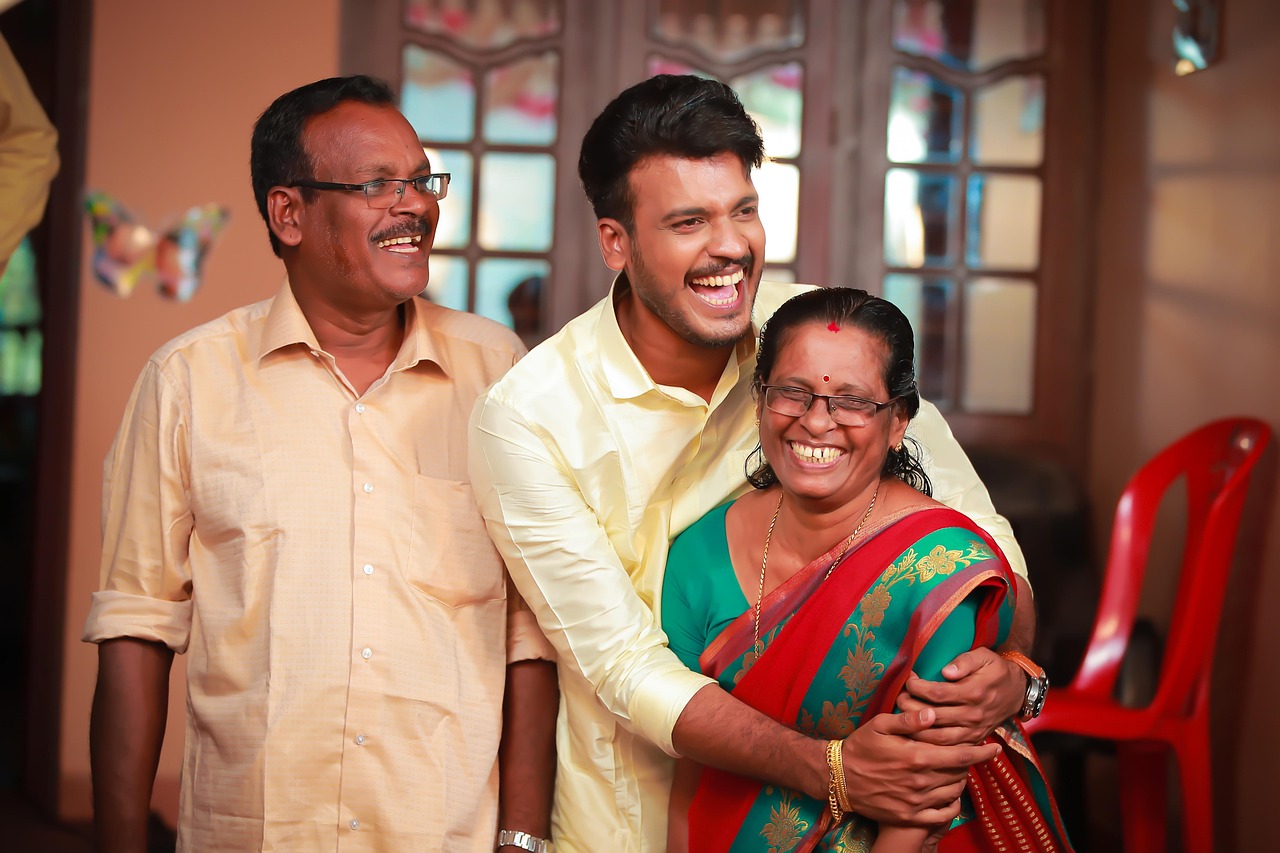Media release
From:
Remission achievable for 1 in 3 Indian diabetics through intensive app-based lifestyle program
Across 2,384 Indian adults with type 2 diabetes, 31% achieved remission through a comprehensive mobile-based program combining diet, exercise, stress management, and medical support
Nearly one-third of people with type 2 diabetes (T2D) in an Indian cohort achieved remission through an intensive lifestyle intervention program, according to a new study publishing October 22, 2025, in the open-access journal PLOS One by Pramod Tripathi of Freedom from Diabetes Clinic & Diabetes Research Foundation, India, and colleagues.
Type 2 diabetes affects more than 72 million people in India. While lifestyle interventions have shown promise for diabetes management in Western populations, limited data exists on their effectiveness in India, where genetic and lifestyle factors place the population at higher risk.
In the new study, researchers analyzed data from 2,384 adults with T2D who enrolled in a one-year online intensive lifestyle intervention program at the Freedom from Diabetes Clinic in India between May 2021 and August 2023. The intervention, provided by a six-member care team through a mobile application, included a personalized plant-based diet, structured physical activity, group therapy and individual psychological counseling, and medication management.
Overall, 744 participants (31.2%) achieved diabetes remission, defined as maintaining glycated hemoglobin (HbA1c) levels below 48 mmol/mol for at least three months without glucose-lowering medications. The remission group showed significantly greater improvements than the non-remission group in weight (8.5% vs. 5.2% reduction), body mass index (8.6% vs. 5.2% reduction), HbA1c (15.3% vs. 12.4% reduction), fasting insulin (26.6% vs. 11.4% reduction), and insulin resistance (37.3% vs. 19.7% reduction). People under 50 years of age, with higher BMI, no prior medication use, and a shorter duration of diabetes (<6 years) were most likely to achieve remission.
The study was limited by its retrospective design and lack of a control group. Because the program required a subscription and participants who lacked follow up data were excluded from the analysis, there may have been selection biases. However, the authors conclude that a significant proportion of individuals with T2D can achieve remission through a comprehensive, culturally adapted lifestyle program.
The authors add: “Our research demonstrates that nearly one-third of individuals with type 2 diabetes can achieve remission through a scientifically designed, culturally tailored, and structured lifestyle intervention. This represents the first large-scale evidence from India highlighting the potential of intensive lifestyle modification in achieving type 2 diabetes remission.”



 International
International



